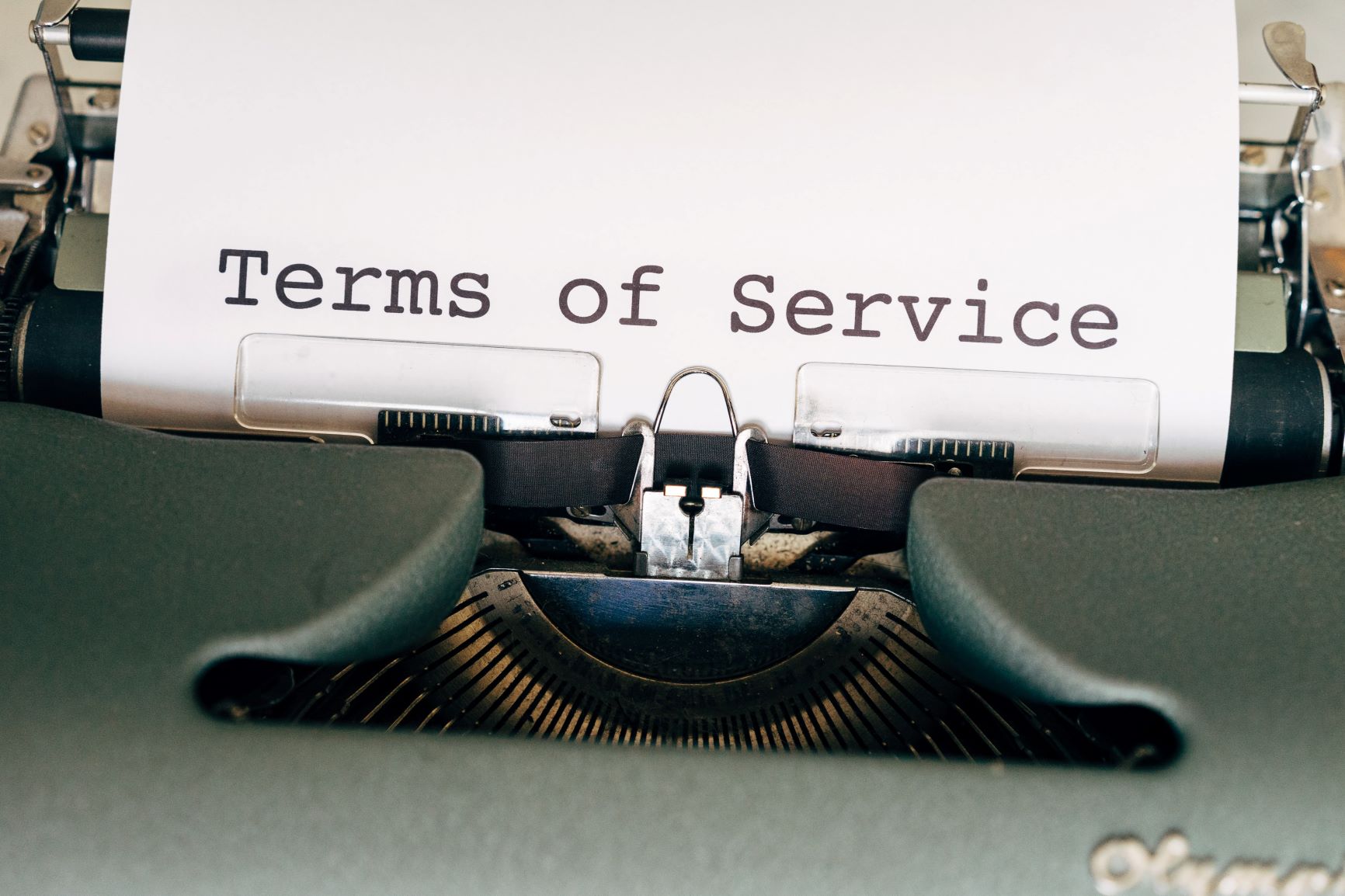
Calling all our Australian friends: It’s time to celebrate your successes in clear communication | Photo by Karl Anderson on Unsplash
Plain language is important to us here in New Zealand. It’s also a big thing in Australia. At the moment, Australia doesn’t have any awards celebrating clear communication.
Let’s not beat around the bush! After recognising the gap and fielding several enquiries, we’re opening up entries to Australia.
Haere mai, Australian plain language enthusiasts!
We’re excited to now be welcoming entries from any individual or organisation in Australia, as well as New Zealand. You’d just need to meet the same conditions as entrants do here: See our terms and conditions
You’ll also need to be an organisation that’s registered in Australia, or have a registered Australian address.
The standard entry fee for people in Australia will be AUD$125, and AUD$65 for registered charities.
Australian-based entries are welcome for any Awards categories
From Champion Organisation through to Best Plain English Legal Document, people and businesses in Australia are welcome to enter any of our categories. You can also nominate the good and the bad in our two People’s Choice categories: the Best Plain English Communication and the Worst Brainstrain Communication.
So what are you waiting for? It’s time to get entering!
Entries are open until 31 July
Read about how to enter
Melissa Wardell June 17th, 2021
Posted In: 2021 Plain English Awards, Australian clear communication awards, Communications, People's Choice awards, Plain English Awards
Tags: Best Legal Document, Best Organisation, Best Plain English Communication, Brainstrain, Champion, clear communication, People's Choice Awards, plain English, Plain English Awards

Shine bright like a diamond — enter the champion category of the Awards in 2021 | Image by Dimitris Christou from Pixabay
You’ve read about the Champion category for Best Organisation. But, rather than an organisation, you have an individual (maybe it’s you?) or a team that deserves recognition for its plain language achievements.
The Plain English Champion — Best Individual or Team award honours the people who work hard to make plain language a reality in their organisation. The award is open to individuals or teams who have significantly contributed to a plain language initiative in any New Zealand organisation.
Now is your time to shine, so don’t be shy!
We know that so much work goes into projects that support clear communication. Over the last year or so we’ve seen some amazing examples of this. These communications played a big part in us reinvigorating the Plain English Awards for 2021.
To the people behind New Zealand’s public health communications about COVID-19, we’re looking at you! And we know many other teams and individuals have done similarly inspiring work, whether in the public eye or known only to their colleagues or customers.
Here are some examples to get you thinking. You or your team might have:
- influenced senior leaders to support a plain language initiative
- led a plain language project, large or small
- run workshops or regular team meetings on using plain language
- formally or informally supported other writers to help them produce clear, reader-friendly communication more consistently
- written newsletter articles or intranet resources about plain language for your team or organisation
- rewritten template letters into plain language, saving time for your team
- created clear, easy-to-use policies or guidelines for your organisation.
Meet the winning entry in 2018
Here’s what the judges said about the impressive entry from the MSD Better Letters Project team in 2018.
This initiative is representative of the nitty gritty, down and dirty, battlefield for plain language. They are making appreciable change at scale. And making a difference in the lives of people in vulnerable circumstances. Very well done. The Better Letters Project at MSD is a worthy plain English champion!
Read more about the Better Letters entry
Meet finalist Andy Baldwin of WineWorks
The judges loved Andy’s passion as a champion of plain language in his organisation. Read how he did it.
I enlisted some help and formed a team. I began to study plain English and promote it within the organisation, presenting my ideas to managers and directors. Like any movement it took time to get momentum, but once we achieved ‘critical mass’ people began asking me to teach them how to write better. I think this is the biggest compliment of all. Now we have people throughout WineWorks writing and using great plain English SOPs in their daily work. This is improving our processes and helps to upskill our teams.
Read more about finalist WineWorks
Entries are open until 31 July
Read about how to enter
Read the requirements for the Plain English Champion — Best Individual and Team category
Discover whether you’re a contender for the Plain English Champion — Best Organisation category
Nicola Welby June 14th, 2021
Posted In: 2021 Plain English Awards, Awards brand, Best Individual or Team, Communications, Plain English Awards, Plain English Champion
Tags: 2021 Plain English Awards, Champion, champions, clear communication, plain English, Plain English Awards, plain language

The judges are looking for easy-to-read legal documents | Photo by Markus Winkler on Unsplash
What’s the number one thing a reader of a legal document is looking for? We’d like to suggest that it’s clarity! Readers of any writing — including legal documents — are looking for a document they can read once, understand, and act on.
Read the full version of a definition of plain language by the International Plain Language Federation
The award for Best Plain Language Legal Document celebrates legal writing that gets its point across without that legal flavouring that we’ve seen so often. How often have you encountered words like these in a legal document — furthermore, notwithstanding, prior to, accordingly? And what about commence, expedite, or terminate?
Let’s see some legal documents that push the boundaries of ‘plain’
The winners of the Best Plain English Legal Document in 2018, Draper Cormack, pride themselves on communicating clearly and directly with their clients. And the judges agreed that they were doing a great job of clear communication with their terms and conditions. The judges said:
This document is written in a way that gives the intended audience a strong chance of understanding it at the first reading, and in the way the drafter wants them to. It’s clear, direct writing, using as few words as needed, and avoids being ambiguous, lengthy or technical writing and complex sentences.
Overall, it is a good example of what you can do with a legal document.
The other finalists, Infinite Possibilities and Hatch, also made clarity a key feature of their communication with their customers.
Check out a legal document with a difference in the client relationship agreement from Infinite Possibilities
And take a look at Hatch’s terms too. The judges said:
Overall this document shows what plain English can achieve in the law. The target audience is written to in a language it can understand and act upon with confidence. The flow of ideas is logical and the design is clear and concise. [The document’s audience] would easily and quickly grasp its implications.
What the judges are looking for
The judges are looking for the best example of a legal document written in plain language. You can enter a document used in legal contexts or for legal purposes. Examples include contracts, agreements, terms and conditions, notices, deeds, judgments, legal opinions, and so on. The document may cover a legally enforceable Act, process, obligation, or right.
Here are the judging criteria. And remember the judges will also be keen to know if you’ve evaluated your document in any way, such as carrying out document user-testing.
Purpose
The purpose of the document is clear at the start, and the content supports the purpose of the document.
Structure
The structure is clear and logical to the reader.
Headings and main messages
The headings are informative and clearly signpost the main messages.
Paragraphs
The paragraphs are mostly short and focused on one topic.
Sentences
The sentences are mostly short and straightforward.
Words
The words are precise and familiar. Technical terms are explained.
Layout and presentation
The layout helps the reader absorb the messages quickly and easily.
Watch videos from our judges of the legal category in our gallery:
More about the Best Plain Language Legal Document category
Anne-Marie Chisnall June 9th, 2021
Posted In: 2021 Plain English Awards, Communications, Industry awards, Legal writing, Plain English Awards
Tags: 2021 Plain English Awards, Best Legal Document, clear communication, clear thinking, clear writing, improved writing, Legal writing, legalese, writing for the public




